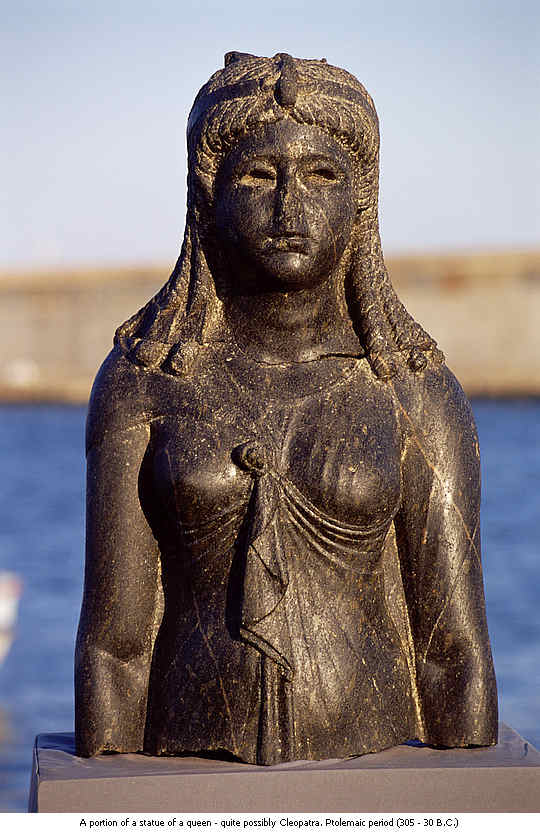- About Us
- Latest News
- Calendar
- Education
- School History
- ELA - For Toddlers
- Greek as a Second Lang.
- Greek as a Primary Lang.
- Conversational Skills (Online)
- Online Greek Courses
- Greek for Adults
- Ancient Greek
- Open Seminars
- Creative Drama
- Traditional Greek Dance
- Apply to Teach
- Holiday Program Enrolment
- Excursion - Museum
- School Polo Order Form
- Parent Notice to School
- Community Churches
- Membership
- Greek Centre
Greek Orthodox Community of Melbourne and Victoria
Event

- Title:
- Open Lecture: The political economy of Ptolemaic Egypt
- When:
- 26.06.2014 19.00 h
- Where:
- The Ithacan Philanthropic Society - Melbourne
- Category:
- Education
Description
Presenter: David Garland
Entry: Free
Synopsis
The Greek Ptolemaic Dynasty ruled Egypt from 305 BCE to 30 BCE. Based in their new capital Alexandria, the Ptolemies had the vast resources of Egypt at their disposal, and not only inherited an ancient system of administration with which to control these resources, but also sought to adapt and increase the scope of this bureaucracy to suit their own purposes.
This presentation will focus in particular on the innovations made by Ptolemy II Philadelphus (ruled 283-246 BCE), who established Greek as the language of his administration and promoted elements of the ancient Greek economic life in Egypt, from coinage to the cultivation of certain crops to methods of taxation.
Particular attention will also be given to the use of economic resources as a political tool of the Ptolemaic kings, both in terms of foreign relations and internal control.
Biography
David Garland is a PhD Candidate in Archaeology, Ancient History, and Classics at Monash University. In his dissertation he seeks to explain the aims and effects of the economic policies of the early Ptolemaic kings. His research interests include the interplay between the economic and political structures of the ancient Greek and Roman Worlds, and he has a passion for classical languages, literature, and philosophy.
Sponsors
We would like to thank Nick Dallas and George Galanopoulos for sponsoring tonight’s lecture. Such initiatives assist us in providing these lectures free to the public. If you would like to participate as a sponsor from as little as $100 please send us an email: This e-mail address is being protected from spambots. You need JavaScript enabled to view it
We would also like to thank our corporate sponsor:

Venue
- Venue:
- The Ithacan Philanthropic Society - Website
- Street:
- Level 2, 329 Elizabeth Street
- Postcode:
- 3000
- Suburb:
- Melbourne
- State:
- VIC
- Country:
-

In October 1916, the Ithacan migrants of Melbourne established the ITHACAN PHILANTHROPIC SOCIETY "The Ulysses", with an inaugural membership of some 153 members. This was in response to pleas for aid from their loved ones in Ithaca who were suffering deprivation during the First World War.
Over the years, however, the Society has been much more than just a philanthropic institution. It has been a constant in the lives of the early Ithacan migrants replacing the homeland which they had left.
The Society takes an active role in the cultural, social, educational and quality of life interests of the Ithacan Community. The Society, as part of its philanthropic role, also makes many monetary contributions to worthy causes, including those outside the immediate Ithacan community. The Society celebrated its 90th Anniversary in 2006.
EventList powered by schlu.net



